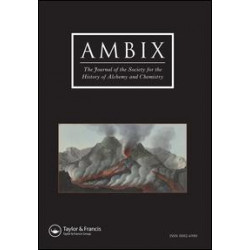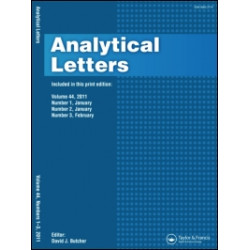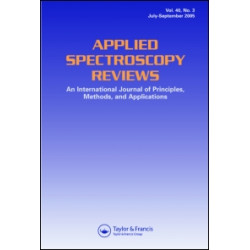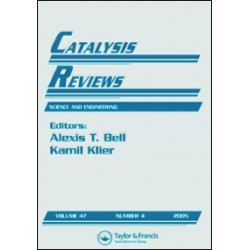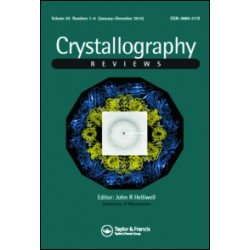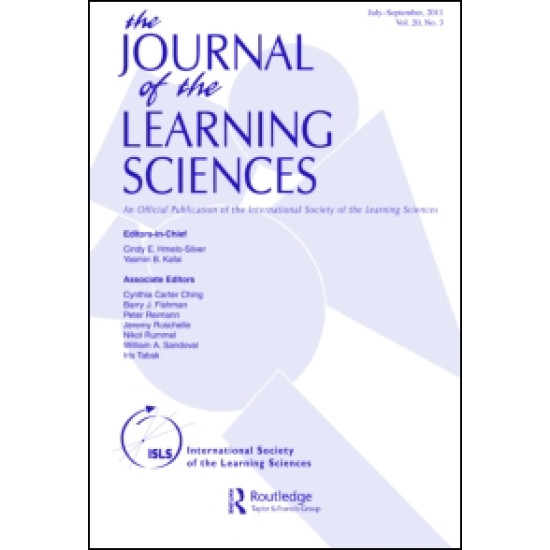
2017 CiteScore: 3.59 - values from Scopus
Journal of the Learning Sciences (JLS) is one of the two official journals of the International Society of the Learning Sciences (www.isls.org). JLS provides a multidisciplinary forum for research on education and learning that informs theories of how people learn and the design of learning environments. It publishes research that elucidates processes of learning, and the ways in which technologies, instructional practices, and learning environments can be designed to support learning in different contexts.
JLS articles draw on theoretical frameworks from such diverse fields as cognitive science, sociocultural theory, educational psychology, computer science, and anthropology. Submissions are not limited to any particular research method, but must be based on rigorous analyses that present new insights into how people learn and/or how learning can be supported and enhanced.
Successful submissions should position their argument within extant literature in the learning sciences. They should reflect the core practices and foci that have defined the learning sciences as a field: privileging design in methodology and pedagogy; emphasizing interdisciplinarity and methodological innovation; grounding research in real-world contexts; answering questions about learning process and mechanism, alongside outcomes; pursuing technological and pedagogical innovation; and maintaining a strong connection between research and practice.
JLS invites studies of learning in a broad range of contexts, including formal learning environments as well as learning in informal contexts. Relevant settings can include schools, higher education, community settings, museums, workplaces, play spaces, and family life, as well as online and virtual worlds. Domains of learning can include subject areas, such as literacy, history, science or mathematics, as well as other domains, such as teaching expertise, medical diagnosis, or craft knowledge. Research that problematizes disciplinary boundaries is also welcome. Work that foregrounds the design of innovative technologies for learning is a priority for JLS. In all cases, however, the fundamental focus is on understanding the processes, tools, and contexts, as well as outcomes, of learning in its myriad forms.
JLS articles draw on theoretical frameworks from such diverse fields as cognitive science, sociocultural theory, educational psychology, computer science, and anthropology. Submissions are not limited to any particular research method, methodology, or theoretical framework, but must be based on rigorous analyses that present new insights into how people learn and/or how learning can be supported and enhanced. Manuscripts should carefully describe the methods used, and justify their fit to the research questions that are posed in the manuscript.







